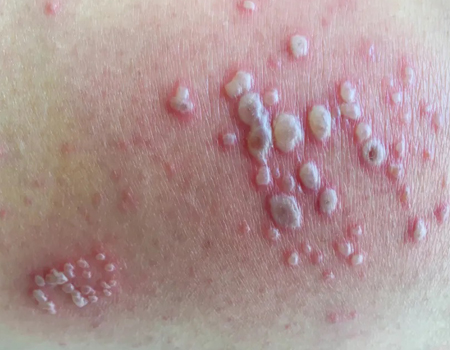



It is a test that is widely used and highly recommended all over the world for determining the substance that causes allergies (allergen). Because it is inexpensive, quick, precise, practically painless, repeatable, and dependable, and it is performed by the allergy specialist himself in the presence of the patient and their relative. It is recommended over any other test by All-Stated Allergy Textbooks, and expensive equipment always has some machine errors.
Cough syrup, fexofenadine (Allegra), cetrizine, levocetrizine, loratidine, ebastatine, chlorpheniramine maleate, and other antihistamines should be avoided for at least 48 hours. For the next 48 hours, avoid steroids and beta-blockers like ephedrine, deriphylline, adrenaline, salbutamol, and terbutaline. Avoid using inhalers and nasal spray for eight hours. Prior to the test, the patient should not eat a lot or exercise, but they should not be on an empty stomach. Breakfast should be light. No body lotion or sunscreen should be applied to the arm and forearm skin, which is typically the site of testing. After making an appointment with an allergy specialist, the patient should bring a relative to the skin prick testing for allergy treatment in Ahmedabad.
The patient is first given a thorough explanation of the method. He is reassured that there is virtually no pain. This test is also administered to young children. Now, alcohol or spirit is used to properly sterilize the arm and forearm skin. The skin is marked with a pen so that allergens can later be identified. A drop of that perticular allergen extract is now placed adjacent to the mark, and the skin is pricked through the drop in a single, gentle, sweeping motion with a sterilized lancet so that no blood escapes.
BEFORE YOUR OPERATION
Evaluation usually includes blood work,urinalysis,and an abdominal CT scan,orab dominal altrasound. Your surgeon and anesthesia provider will review your health history, medications, and options for pain control. The day of your operation—You will not be allowed to eat or drink while you are being valued for an emergency appendectomy. Your recovery—If you have no complications, you usually can go home in 1 or 2 days after a laparoscopic or open procedure. Call your surgeon if you are in severe pain, have stomach cramping, a high fever, odor or increased drainage from your incision, or no bowel movements for 3 days.